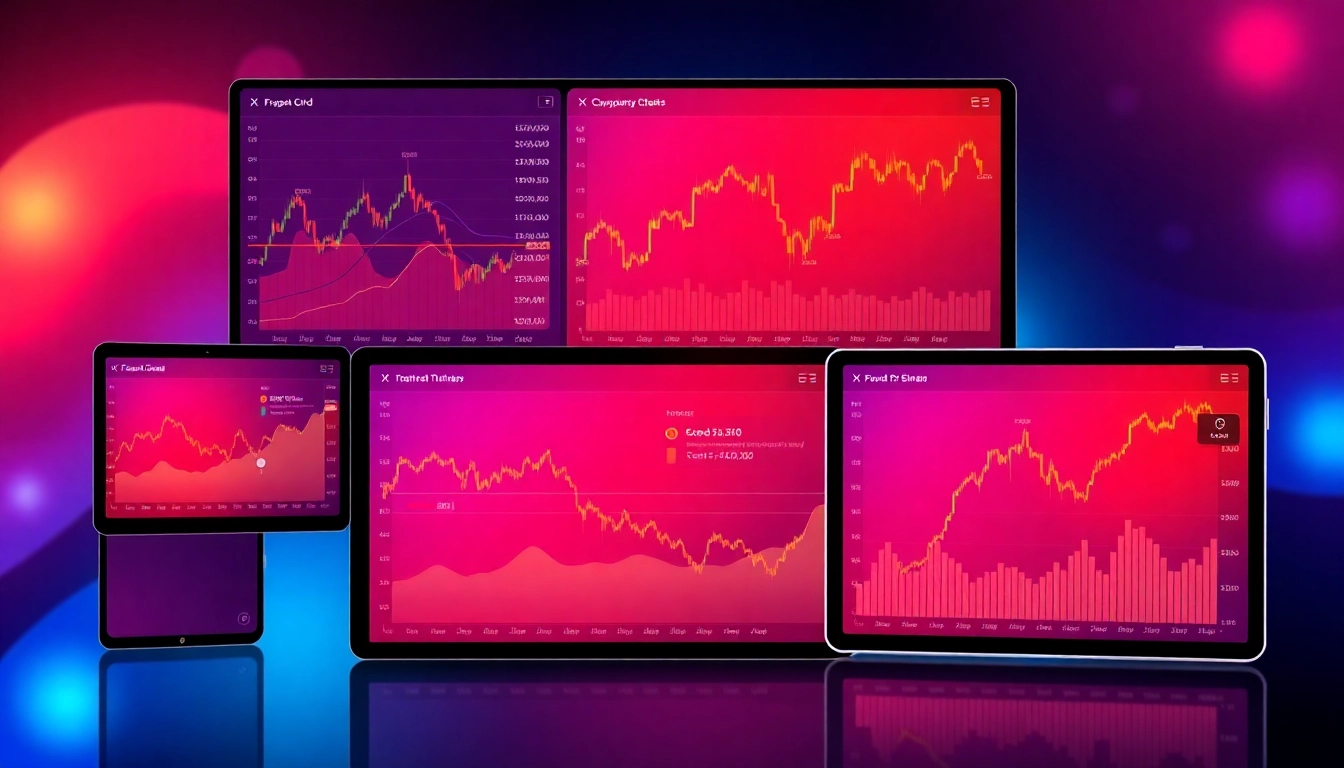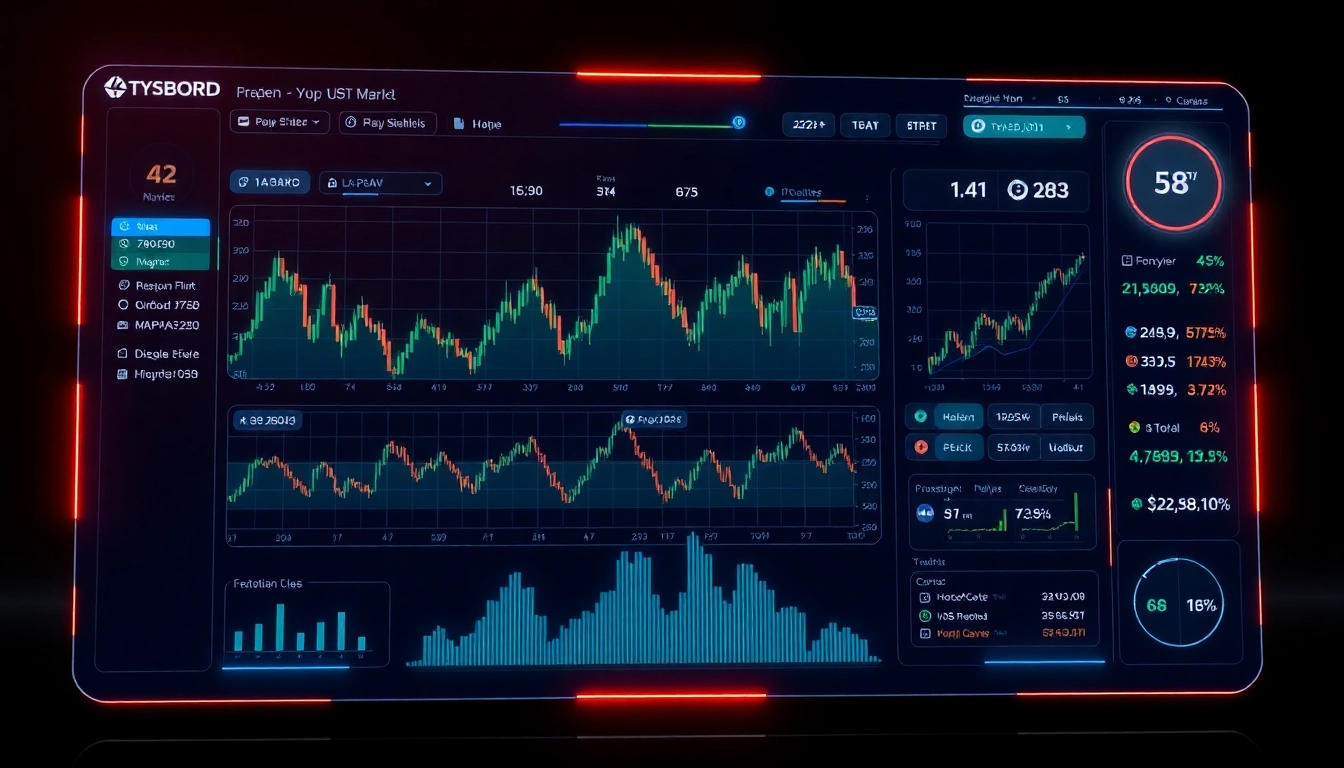Understanding Technology
What is Technology?
Technology is often defined as technology being the application of scientific knowledge to create tools, systems, and processes designed to solve human problems. It encompasses a broad range of fields including industrial advancements, engineering disciplines, biotechnology, information systems, and much more. At its core, technology serves to enhance productivity and efficiency, allowing us to perform tasks that were once either impossible or excessively time-consuming.
The Merriam-Webster definition of technology succinctly captures its essence: “the use of science in solving problems (as in industry or engineering).” This highlights that technology does not only encompass physical inventions such as machinery or devices, but also methods and practices that improve life and industry.
The Role of Technology in Society
Technology plays a pivotal role in the fabric of modern society. Its impact spans multiple sectors including education, healthcare, business, and social interactions. In education, technology has transformed learning experiences through online platforms, e-learning resources, and digital classrooms, which make learning more accessible to a global population.
Similarly, in healthcare, technological advancements have facilitated significant improvements in diagnostics and treatments, enhancing patient care and outcomes. Wearable health technologies, telemedicine, and electronic health records exemplify how technology can bridge gaps in healthcare delivery.
The business realm is not untouched; technology has revolutionized how businesses operate, enhancing communication, streamlining operations, and fostering innovation. Moreover, social technologies empower connection and engagement, enabling individuals to share experiences and information across vast distances.
Historical Evolution of Technology
The evolution of technology can be traced back to prehistoric times when early humans created simple tools from stones and sticks. Over millennia, technological advancements have progressed dramatically—from the invention of the wheel in ancient times to the development of the internet in contemporary society.
In the Industrial Revolution of the 18th and 19th centuries, technology advanced rapidly, leading to mechanized production, transportation innovations, and urbanization. This period marked a significant shift towards modern industrial societies. The 20th century brought the digital revolution, characterized by the advent of computers, the internet, and mobile technologies, which continuingly impact our lives today.
Types of Technology
Information Technology
Information Technology (IT) encompasses a wide array of technologies used to create, store, exchange, and use data in its various forms. IT solutions include hardware components like computers, servers, and networks, as well as software applications that manage information systems.
In recent years, IT has expanded into cloud computing, big data, and artificial intelligence, allowing businesses to analyze vast amounts of data and draw actionable insights. The increasing reliance on IT highlights its critical role in driving business decisions and fostering innovation.
Biotechnology
Biotechnology merges biology with technology, focusing on manipulating living organisms and biological systems for developing products and services. This field encompasses agricultural biotechnology, healthcare, and environmental applications.
For instance, genetically modified organisms (GMOs) in agriculture improve crop yields and resistance to diseases. In healthcare, biotechnological advancements facilitate the creation of vaccines, gene therapies, and personalized medicine, revolutionizing treatment methods.
Engineering Technology
Engineering technology applies scientific and mathematical principles to create solutions in various fields, including construction, manufacturing, and transportation. Engineering technologists work on the practical application of engineering concepts to develop systems and structures that meet societal needs.
Recent developments include renewable energy technologies, sustainable materials, and automated systems that enhance operational efficiency. These innovations not only contribute to industrial advancements but also address environmental challenges.
Impact of Technology on Daily Life
Enhancing Communication
Technology has transformed communication, making it instant and globally accessible. Traditional methods such as postal mail have largely been replaced by email, instant messaging, and video conferencing tools that allow real-time interaction across continents.
This evolution has not only democratized information sharing but has also fostered relationships, collaboration, and social networking, reshaping how individuals and organizations engage and connect.
Transforming Transportation
The transportation sector has undergone significant technological changes, enhancing how we travel and ship goods. Innovations such as electric vehicles, autonomous cars, and ridesharing applications are changing urban mobility patterns.
Similarly, advancements in logistics technology, including automated warehousing and route optimization software, streamline shipping processes, reduce costs, and enhance customer satisfaction.
Revolutionizing Healthcare
The healthcare industry has embraced technology, leading to improved patient outcomes and operational efficiencies. Electronic health records streamline patient data access, while telemedicine expands healthcare accessibility to rural areas.
Robotics and AI are increasingly aiding surgeries and diagnostics, allowing for minimally invasive procedures and accurate anomaly detection. These advancements signal a shift towards a more efficient, patient-centered healthcare approach.
Challenges in Technology Adoption
Security and Privacy Issues
The rapid adoption of technology has raised significant concerns regarding data security and privacy. Cybersecurity threats, such as hacking and data breaches, pose serious risks to individuals and organizations alike.
As a countermeasure, robust cybersecurity protocols, regular software updates, and data encryption methods are essential to mitigate risks and protect sensitive information.
Technological Unemployment
While technology drives productivity, it also raises concerns about job displacement. Automation and AI are replacing traditional jobs, particularly in manufacturing, driving a need for workforce reskilling and upskilling.
A proactive approach involves educational institutions, businesses, and government collaborations to ensure skill development that aligns with the evolving job market. This strategy will help workers transition into new roles that technology creates.
Ethical Considerations
Ethics in technology is an emerging field that examines the implications of technological advancements on society. Issues like AI bias, surveillance, and data ownership must be critically evaluated to ensure that technology enhances human life without compromising ethical standards.
Every technological implementation should be guided by ethical frameworks that promote fairness, transparency, and accountability to build trust and public acceptance.
The Future of Technology
Trends to Watch
The technology landscape is continuously evolving, with trends such as the Internet of Things (IoT), augmented reality (AR), and blockchain gaining traction. IoT enables smart devices to connect and communicate, enhancing efficiency in both personal and professional contexts.
Augmented reality is finding applications in gaming, education, and retail, offering immersive experiences that enhance user engagement. Blockchain technology is transforming sectors like finance by providing secure, transparent transactions.
Technology and Sustainability
As climate change poses significant challenges, technology is being leveraged to create sustainable solutions. Renewable energy technologies, waste management systems, and energy-efficient practices are essential for environmental conservation.
Green technologies are not just beneficial for the planet; they also foster economic growth by creating jobs in the renewable energy sector and enhancing industrial sustainability.
Innovations on the Horizon
Looking ahead, emerging technologies such as quantum computing and biotechnology advancements hold tremendous potential. Quantum computing promises to revolutionize data processing, enabling breakthroughs in fields from materials science to cryptography.
Moreover, advances in biotechnology could lead to tailored medical treatments that consider individual genetic profiles, vastly improving healthcare outcomes. These innovations signal an exciting frontier that blends science, technology, and human experience.




